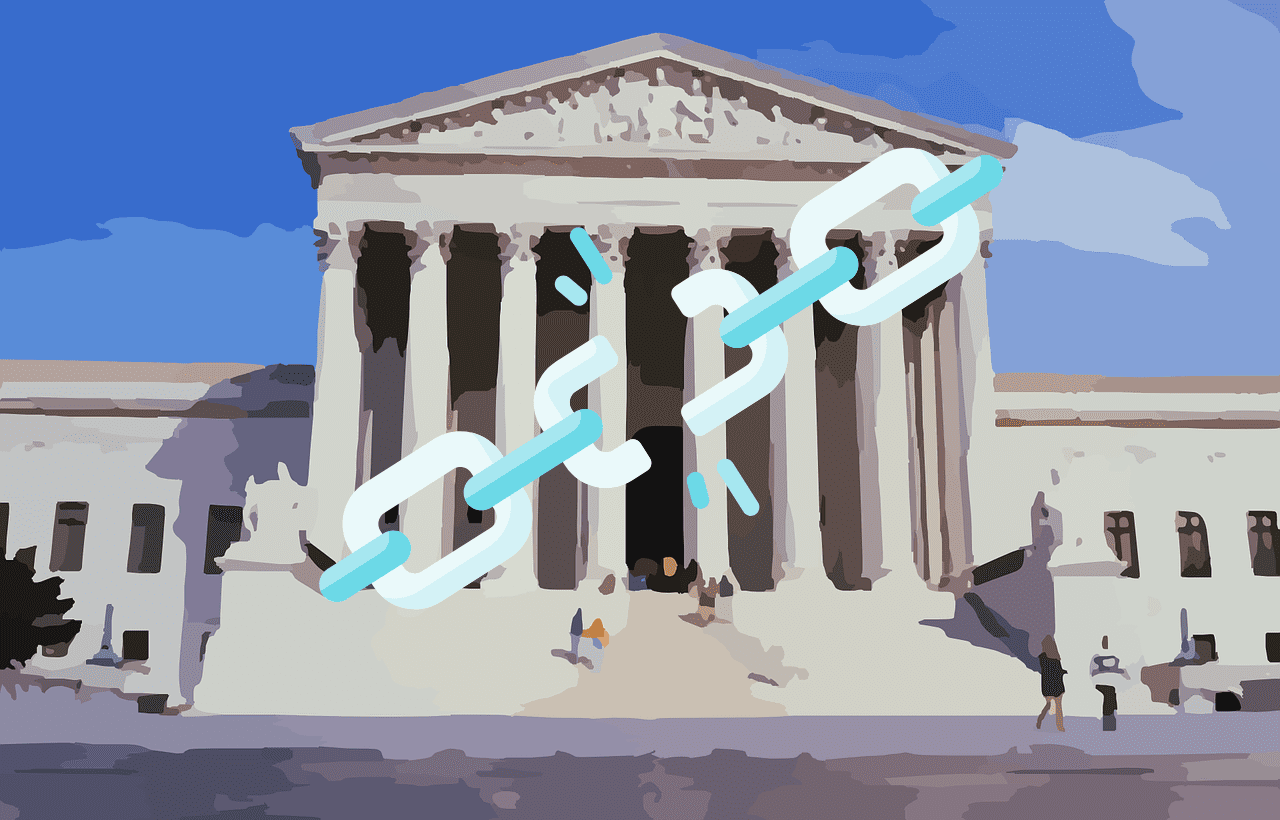A summary of the list of recommendations on the implementation of the OBBBA in Colorado regarding public benefits systems and work requirements.
Recent articles
CCLP testifies in support of Colorado’s AI Sunshine Act
Charles Brennan provided testimony in support of Senate Bill 25B-004, Increase Transparency for Algorithmic Systems, during the 2025 Special Session. CCLP is in support of SB25B-004.
Coloradans launch 2026 ballot push for graduated state income tax
New ballot measure proposals would cut taxes for 98 percent of Coloradans, raise revenue to address budget crisis.
CCLP statement on the executive order and Colorado’s endless budget catastrophe
Coloradans deserve better than the artificial budget crisis that led to today's crippling cuts by Governor Jared Polis.
A win for Medicaid recipients in Talevski

Earlier this month, the Supreme Court of the United States ruled on Health and Hospital Corporation of Marion County, Indiana v. Talevski. Talevski involved a nursing home resident who was given a high dose of psychotropic medications against his will and was repeatedly transferred to facilities far away from his family. The family sued the nursing facility by relying on 42 U.S.C. § 1983 – a federal law that allows individuals to sue state actors for civil rights or federal statutory violations.
Section 1983 has consistently been used to ensure that state actors comply with constitutional provisions and federal statutes, including the Medicaid Act. Such a safeguard is needed for Coloradans with disabilities and low-income Coloradans who rely on Medicaid for preventative, acute, long-term, and other forms of health care that are otherwise out of their financial reach. The reality is that state and local agencies sometimes fail to meet federal requirements of the Medicaid program, and when that happens, the intended beneficiaries must be able to turn to the courts for protection against ongoing harm.
Given the impact this case would have had on Coloradan beneficiaries and CCLP’s ability to enforce public assistance laws, CCLP joined the National Health Law Program (NHeLP) and forty-two other non-profit organizations in a “friend of the court” – or amicus curiae – brief to explain why the Court should not depart from precedent. We also released a statement before oral arguments, sharing concerns about the Court’s decision to hear this case given the well-established law.
The court heard arguments on November 8, 2022, which left advocates hopeful after republican appointees like Chief Justice Roberts and Justice Kavanaugh expressed hesitancy about overruling precedent. Fortunately, the Court surprised us all and ruled 7-2 in favor of Mr. Talevski’s estate, upholding the rights of beneficiaries to seek legal recourse when state officials violate their rights under the Medicaid Act. This is a victory not only for Medicaid recipients but also for those who depend on states to implement federal laws regarding housing, nutrition, education, disability, and various other safety net programs. Advocates for low-income individuals are relieved that the Court has affirmed this right.
